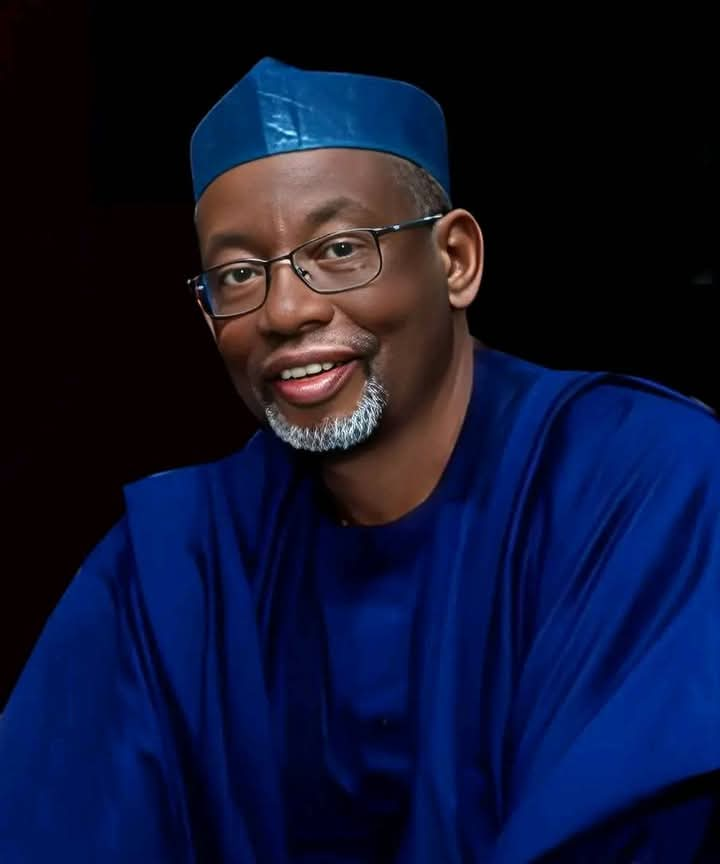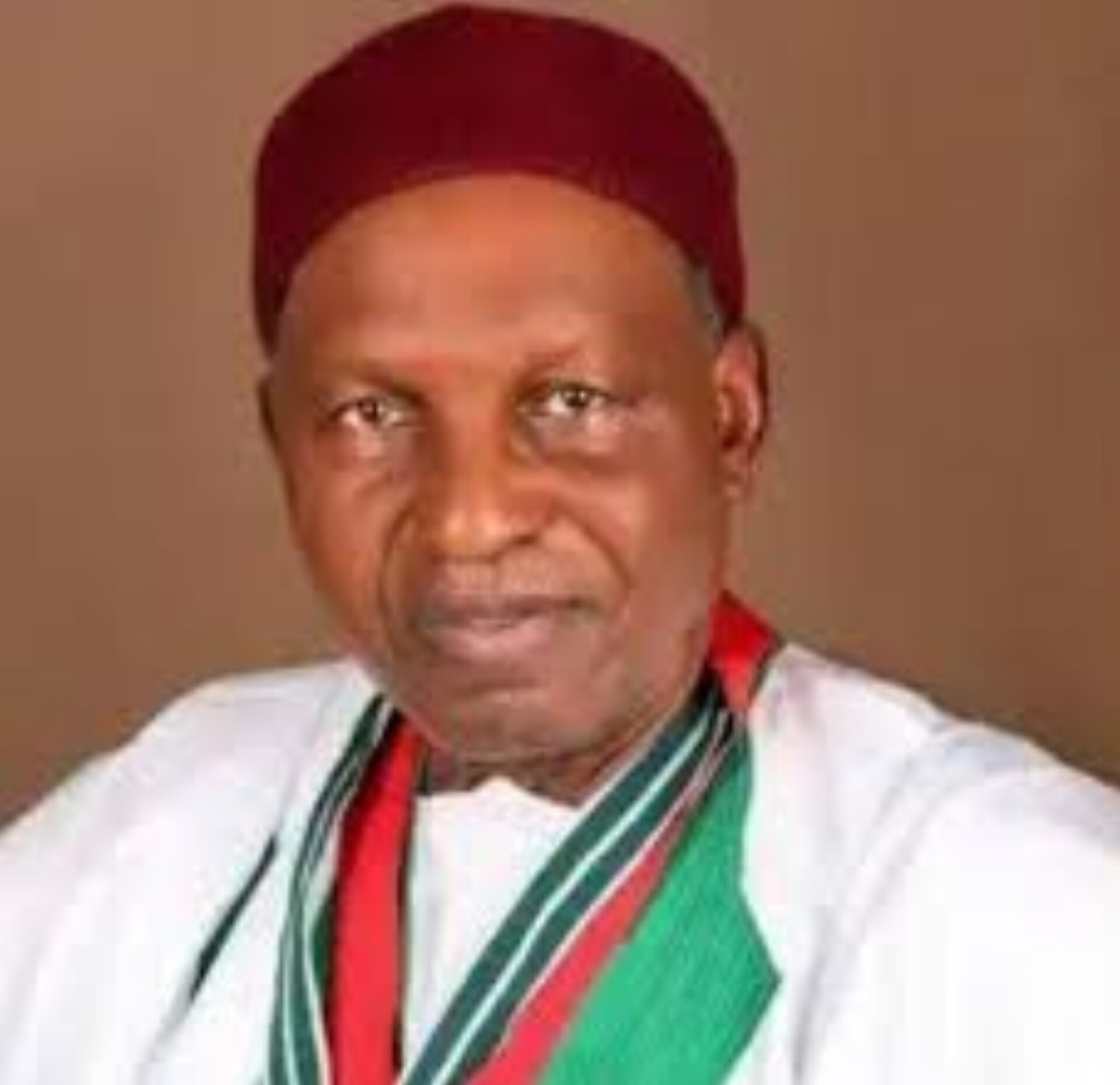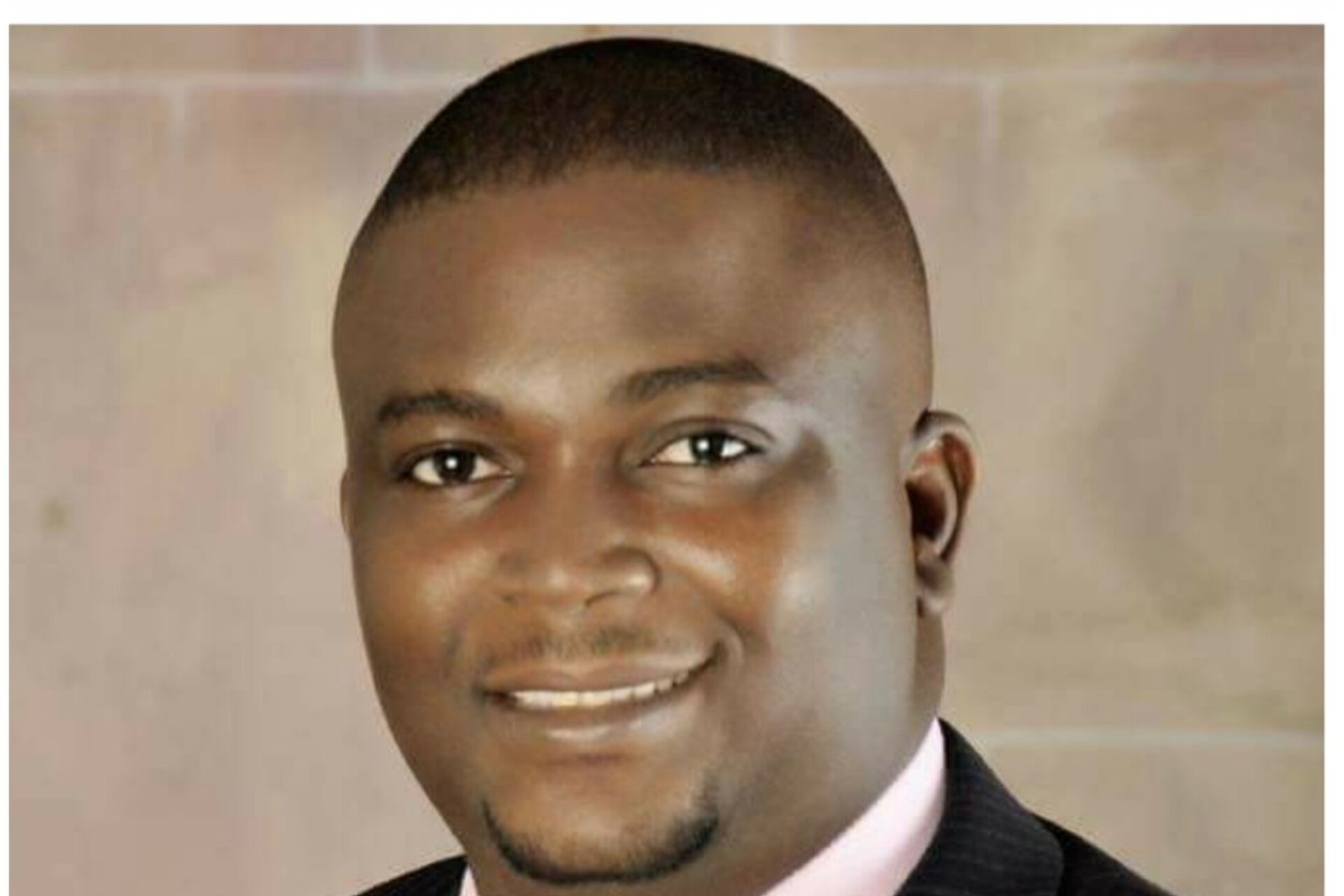By Tunde Olusunle
Two high-powered meetings within a space of eight days by the prime political opposition the Peoples’ Democratic Party, (PDP), is signal to the urgency with which the party intends to rediscover itself. After 16 years at the helm in governance, the PDP has been the odd outsider in the nation’s politics into the ninth year now. If it was a Tsunami by the former opposition party, the All Progressives Congress, (APC) the way it shooed aside the PDP from the all-important presidential contest in 2015, the presidential elections of 2019 and 2023 have left more to be desired. Local and international observers have been unanimous in denouncing the serial shams clothed in the improbable garbs of transparent, fair, credible and acceptable polls. Litigations have been filed and heard by the Presidential Elections Petitions Tribunal, (PEPT).
The sitting government has publicly betrayed its apprehensions about the possible outcome of the proceedings which on the strength of evidence weighs heavily against it. It envisages that a rerun election could be in the offing. But the APC will prefer such a match up between its candidate and President, Bola Tinubu, and the runner-up as choreographed by the Independent National Electoral Commission, (INEC), the charismatic former Vice President Atiku Abubakar. The APC desires the exclusion of the second runner up in the February electoral contest Peter Obi of the Labour Party, (LP), in the event of a rerun. This is even as Nigerians hope that the judiciary will be unbiased, forthright, firm in the dispensation of justice.

After being upended at the Saturday February 25, 2023 presidential election, the PDP is attempting to pick the pieces of its organic frameworks. A meeting of the national leadership of the party early June with its parliamentarians-delegate in Bauchi at the time, has been promptly followed by two interactions in Abuja. Saturday July 29 and Saturday August 5, 2023 respectively, top level meetings were held in Abuja the nation’s capital. The earlier meeting might have been described as a “family meeting” having been convened and hosted by one of the pioneering fathers of the PDP, Tom Ikimi. Informal as it would have been described, the meeting commanded the attendance of Atiku; Ifeanyi Okowa (his running mate) and Iyorchia Ayu (former national chairman of the party). Former governors on the platform of the party notably Babangida Aliyu, (Niger); Aminu Tambuwal, (Sokoto) and Ibrahim Shekarau, (Kano), attended the meeting.
While it is true that the number of PDP governors in the various Government Houses across the land has wilted with the 2015 onslaught of the APC, the party still boasts of at least a third of the total number of state chief executives. Umaru Fintiri, (Adamawa); Bala Mohammed, (Bauchi); Sheriff Oborevworo, (Delta); Godwin Obaseki, (Edo); Ademola Adeleke, (Osun); Caleb Mutfwang, (Plateau); Dauda Lawal, (Zamfara), attended July 29 impromptu meeting. It was intended to be a precursor to the meeting of the National Working Committee, (NWC) of the party scheduled for Monday July 31, 2023. The party needed to reassure its supporters that it was capable of a rebound.
Ahead of the meeting, there were speculations about the possible prescription of sanctions against some erring members of the party. Top on the list of such insubordinate PDP leaders are Nyesom Wike, Okezie Ikpeazu, Ifeanyi Ugwuanyi, Samuel Ortom, (former governors of Rivers, Abia, Enugu and Benue), as well as Seyi Makinde of Oyo State. With Wike as rallying point, all five former governors constituted themselves into renegades against Atiku’s presidential ticket. They coined the sobriquet G-5, meaning “Group of Five,” as collective label. The animus stemmed from Wike’s loss to Atiku at the PDP presidential primary in 2022 and Atiku’s non-adoption of Wike as running mate. Curiously, at least one of the quartet of these Wike governor-allies received a whooping nine-digit financial lifeline from the characteristically benevolent Atiku back in 2015, when it mattered most. He needed that infusion for the critical last push to electoral victory. It was not a loan from Atiku. Wike and company thereafter demanded the ouster of Ayu as National Chairman of the party for a southern replacement to ensure. This they said was to ensure North – South balance between the party’s presidential flagbearer and its national chair.
Ikpeazu, Ugwuanyi and Ortom very instructively, lost their contests to go rendezvous in the federal parliament the newfound nestling grounds for former state governors. It was a real-life reenactment of the exhortation about being restrained in hurling stones into the marketplace so as not to unwittingly inflict injuries on one’s own. Two of them, Ikpeazu and Ortom, sadly also lost the opportunity to install candidates of their own parties as their successors. Alex Otti of the LP and Hyacinth Alia of the APC won the governorship election in Abia and Benue states. Typical of post-election triumphalism against opponents in our parts, Otti and Alia have been undoing almost all that were emplaced by their predecessors, preferring militaristic rhetoric and actions. Ortom has had a date with the Economic and Financial Crimes Commission, (EFCC), at the instigation of his successor. Makinde won reelection, while Wike was listed by Tinubu as a minister designate.
Saturday August 5, 2023, governors of the party met again with the PDP presidential candidate and the leadership of the party. It was a fuller, more robust parley. Atiku and Okowa were joined by Duoye Diri, (Bayelsa); Peter Mbah, (Enugu); Kefas Agbu, (Taraba), who didn’t attend the earlier meeting. Chairman of the PDP Governors’ Forum, Bauchi’s Bala Mohammed led Fintiri, Oborevwori, Adeleke, Lawal who all attended the earlier engagement. Kingsley Chinda, (Minority Leader of the House of Representatives); Damagum; Taofeek Arapaja, (Deputy National Chairman, South); and Dan Orbih, (National Chairman, South South) were present.
Samuel Anyanwu, (National Secretary); Umar Bature, (National Organising Secretary); Ahmed Yayari, (National Treasurer); Koshoedo Setoji, (Assistant National Treasurer) and Muhammed Kadade, (National Youth Leader), participated at the event. In like manner, Bello Gwarzo, (Zonal Chairman, North West); Dakas Shan, (Zonal Chairman, North Central); Ali Odefa, (Vice Chairman, South East); Woyengikwo Daniel, (National Financial Secretary); Debo Ologunagba, (National Publicity Secretary) and Okechukwu D.O, (Auditor), participated. The meeting was akin to calling out the “battalion commanders” in the military. They would in turn charge up their groundsmen.
Bala Mohammed read out the communique issued at the end of the meeting which emphasised party discipline and zero tolerance for anti-party activities and sabotage in whatever form. Individuals and cliques within the party will not be allowed to undermine the unity of the party and its processes. The meeting committed to the sustenance of reconciliation processes en route to the stabilisation and repositioning of the party. According to the communique, unity and loyalty remain the core values of the PDP and will continually be rewarded. All 13 governors of the party unanimously restated support for the party’s presidential candidate Atiku and his running mate Ifeanyi Okowa as they seek to retrieve the stolen mandate of the party from the PEPT. They pledged to do everything lawful to achieve this. Governors as leaders of the party in their states resolved to work with their state chapters and the national secretariat to ensure good governance, transparency and accountability. The meeting saluted the party for empanelling campaign councils for the off-season gubernatorial elections in Bayelsa, Imo and Kogi states. It charged the structures to go all out for the victory of its candidates and the party.
Against the backdrop of the bloated bureaucracy which will flow from the bogus numbers of ministers, advisers and similar aides appointed by the President, the PDP cautioned against the aggravation of the nation’s economic travails. At the last count, Tinubu has nominated 48 ministers 45 of whom have been cleared. He had earlier received approval for the appointment of 20 advisers. The President has equally operationalised his right to appoint aides at various levels which do not require recourse for parliamentary approval. The meeting equally enjoined the President who is also the chair of the Economic Community of West African States, (ECOWAS), to explore dialogue and diplomacy in the resolution of the political impasse in neighbouring Niger Republic. He should play down every thought of military engagement against the backdrop of our internal concerns and challenges.
Much as he has opted for a quiet role in the ongoing rebuild and reengineering processes of the PDP, Atiku’s imprimatur is dominant in his chosen backstage role. He is easily one of Nigeria’s most seasoned and most insightful politicians around who is capped with almost four decades of cumulative experience in politics. He is a foundation member of the PDP who continues to mentor upcoming conscientious politicians who are focused on politics for popular service and not politics for personal aggrandisement. It is this disposition to politics which ensures that his abode is in constant motions, comings and goings, goings and comings, by admirers, associates and mentees alike. Objective adjudication by the PEPT on the strength of empirical, unassailable facts and evidence will further strengthen Atiku’s hands in impacting democracy, moving herefrom.
Tunde Olusunle, PhD, poet, journalist, scholar and author is a Member of the Nigerian Guild of Editors, (NGE)



